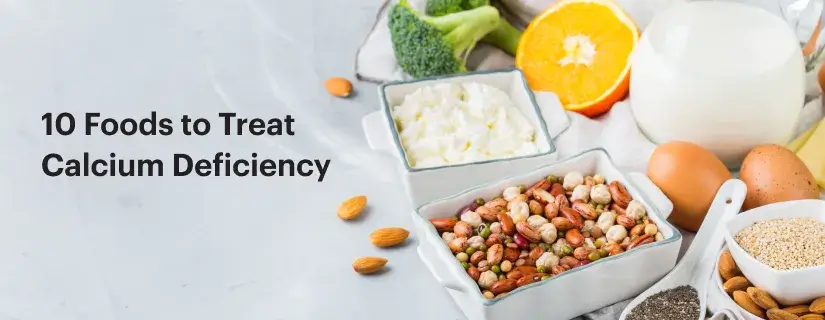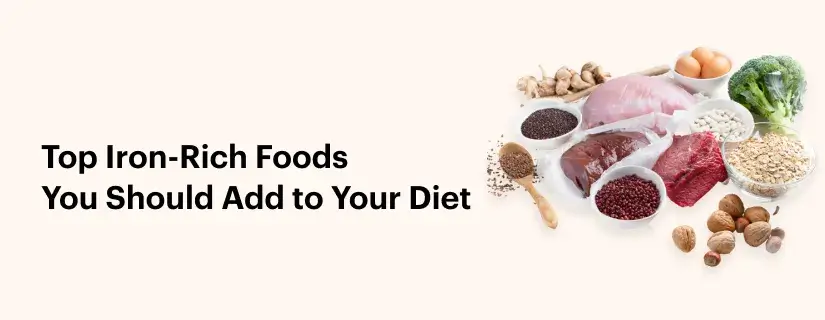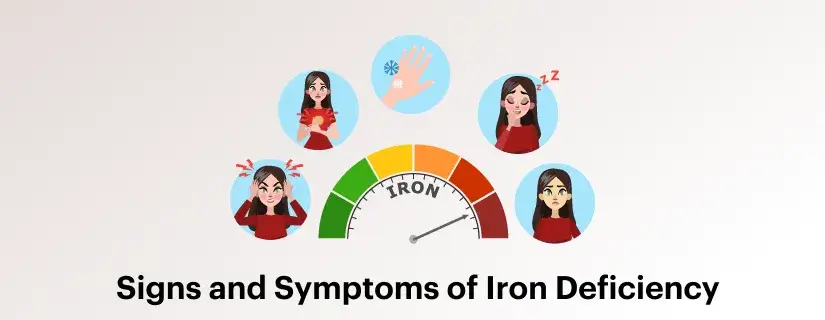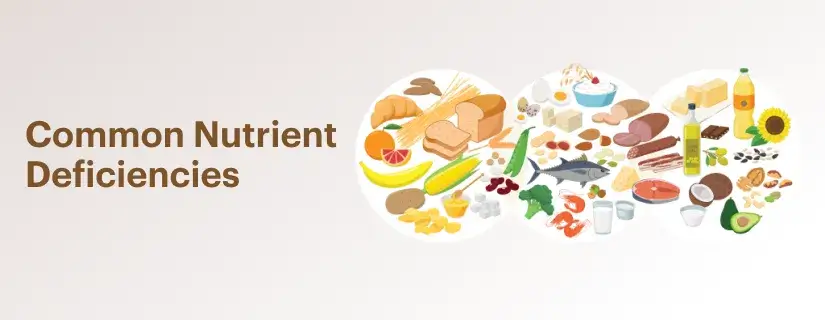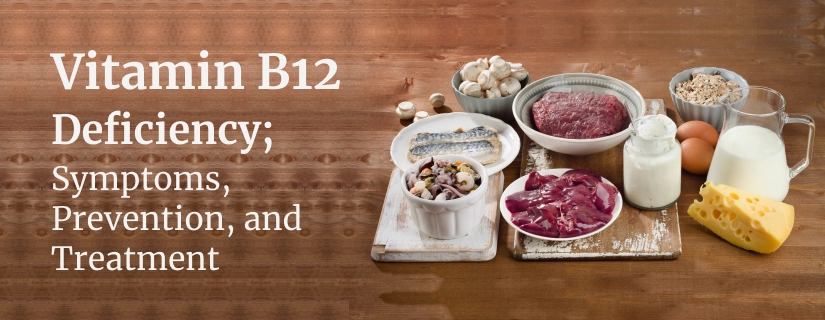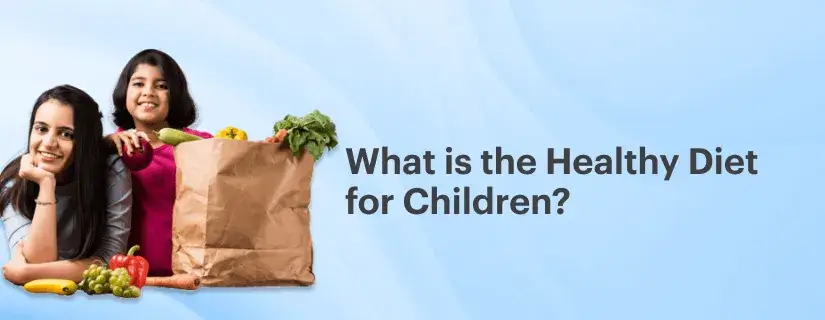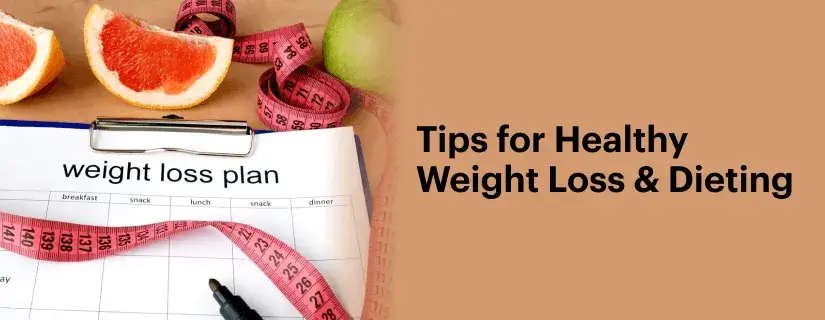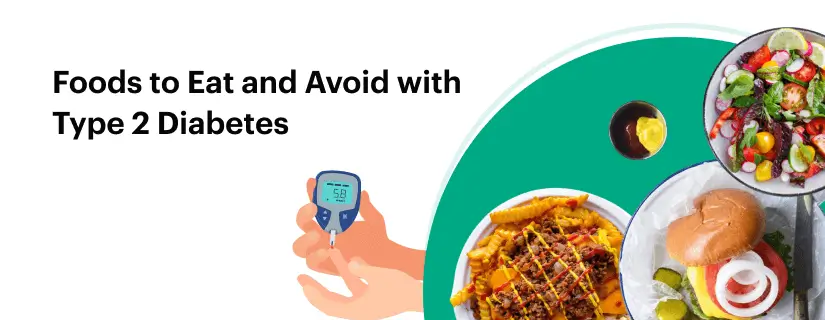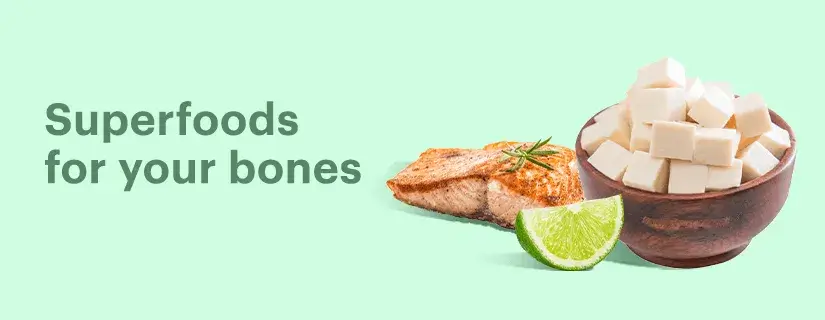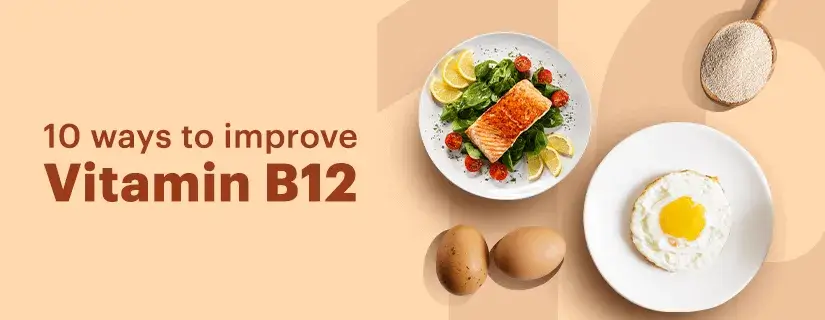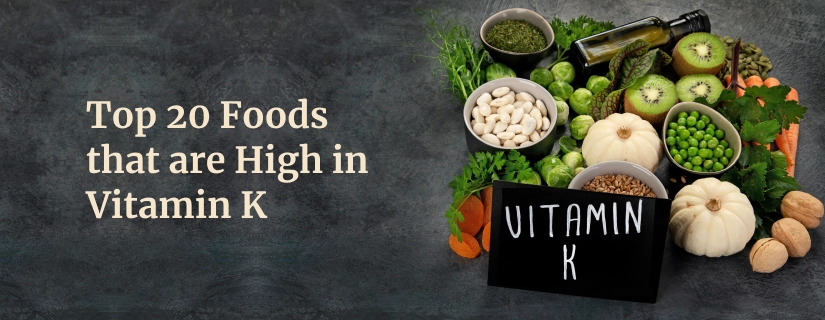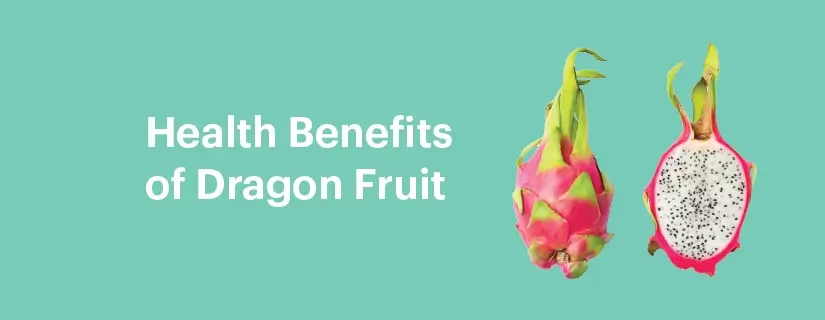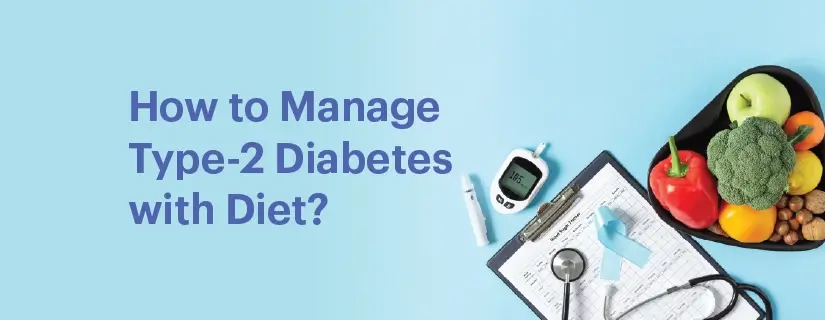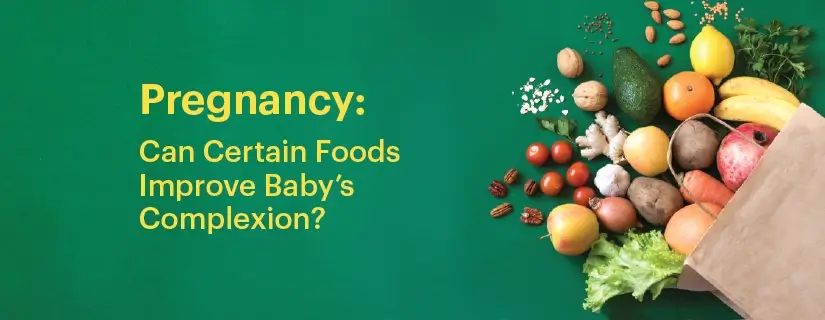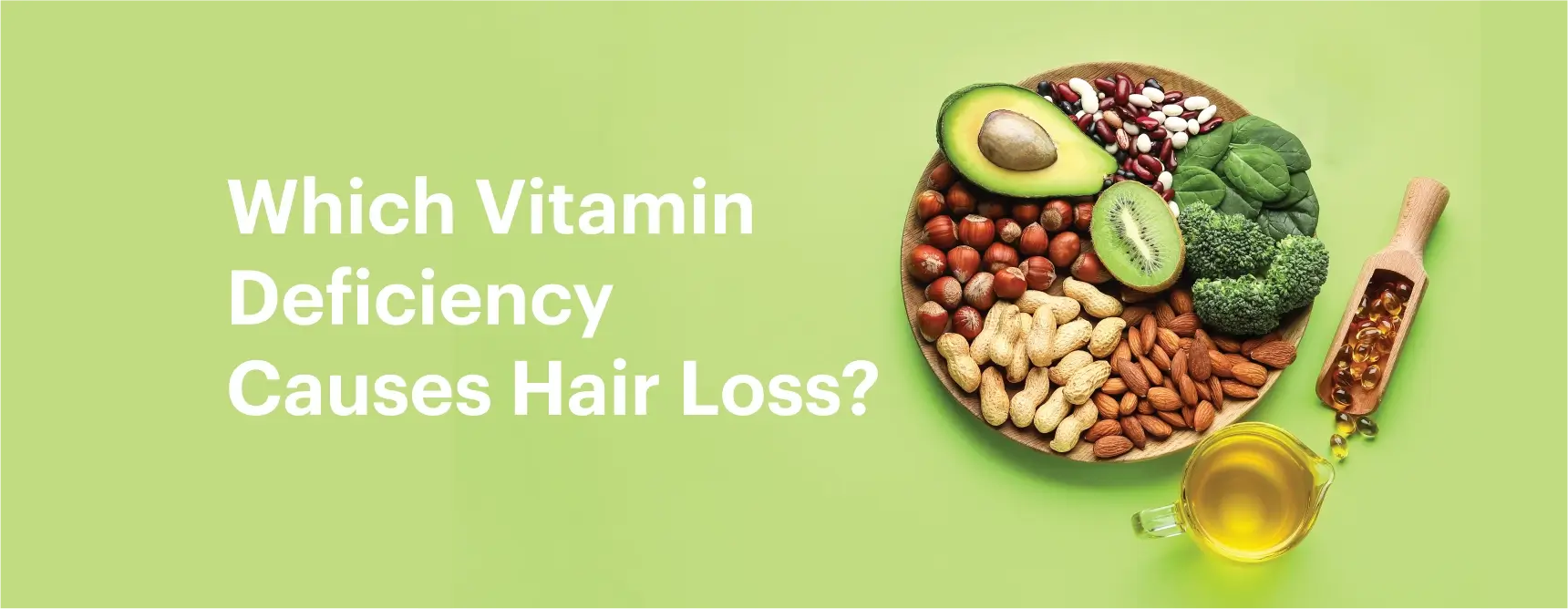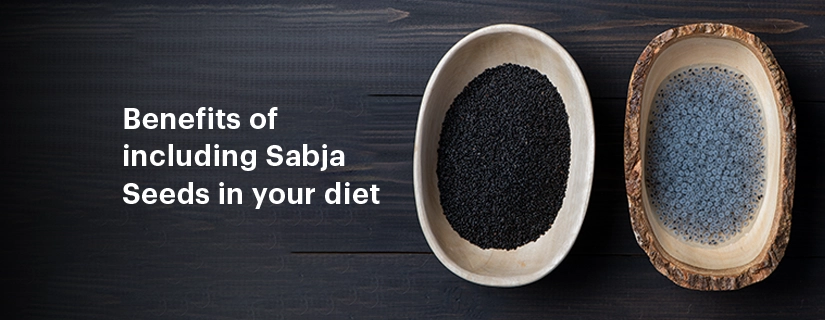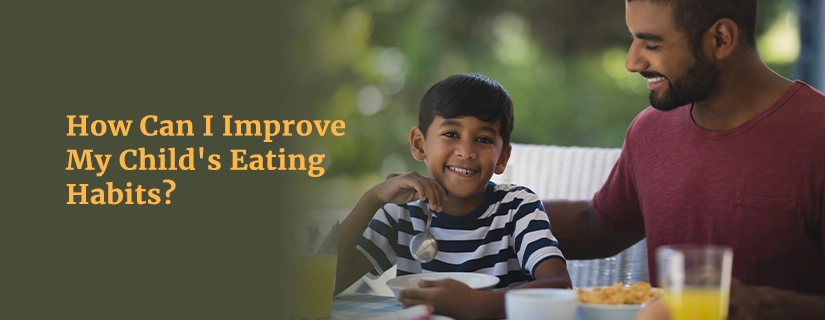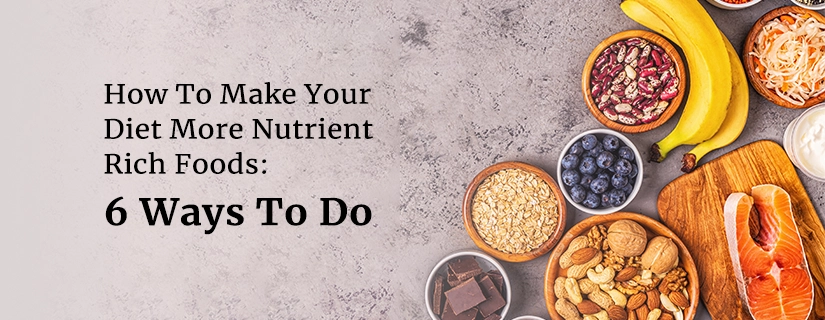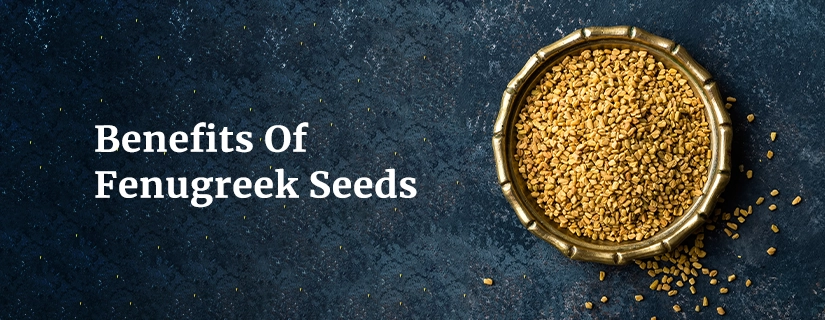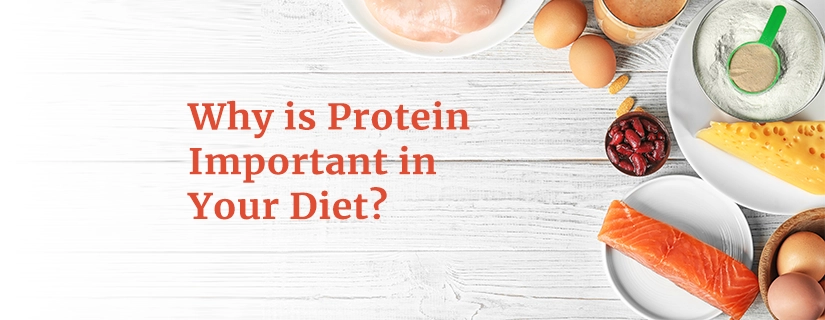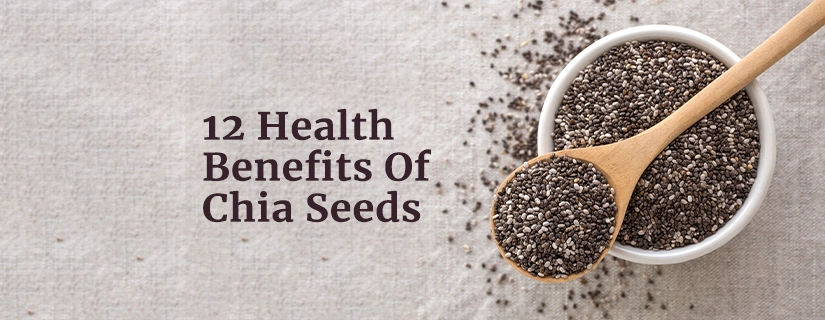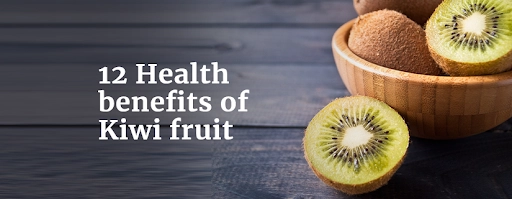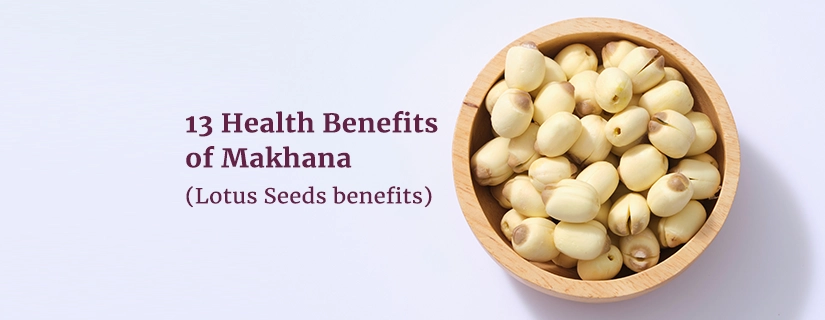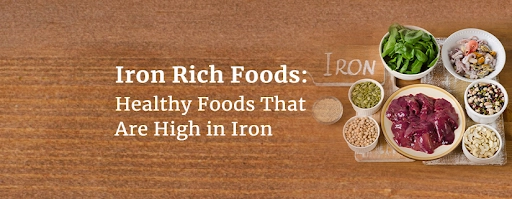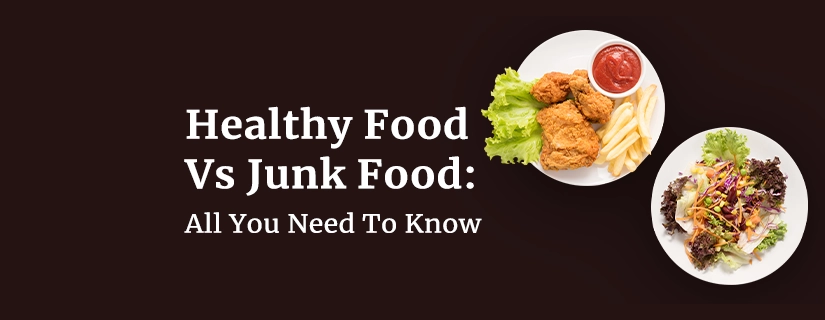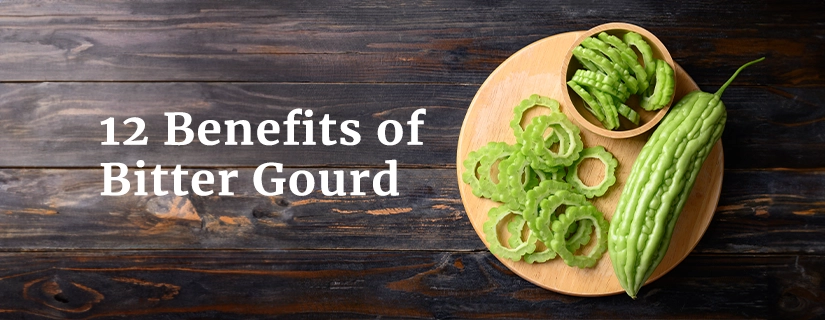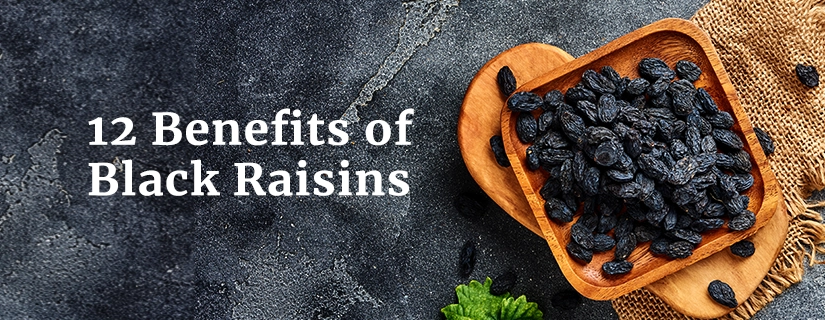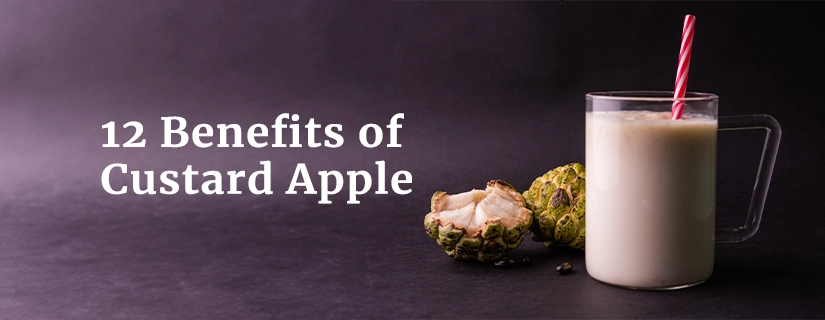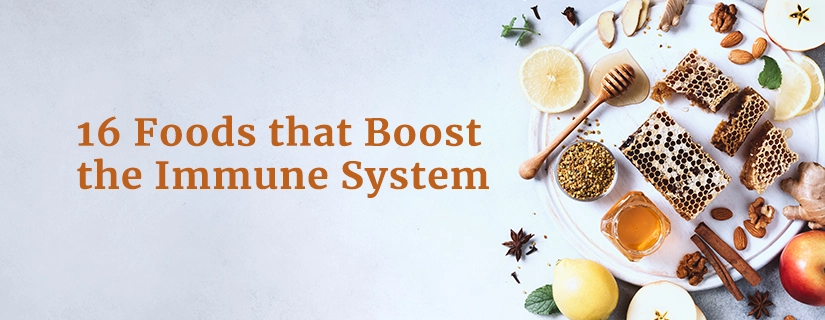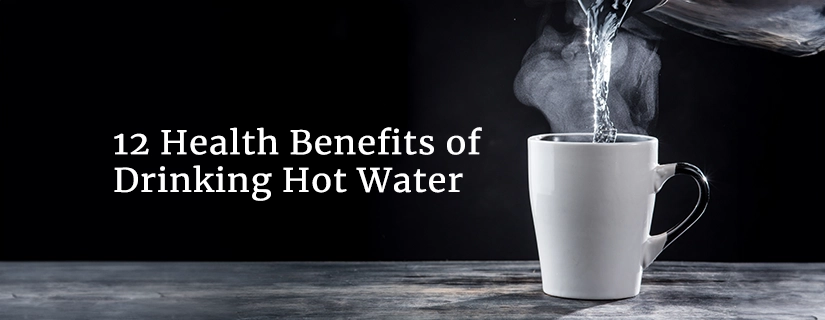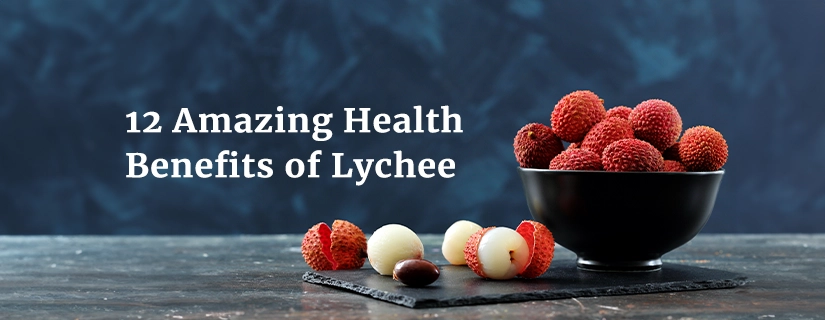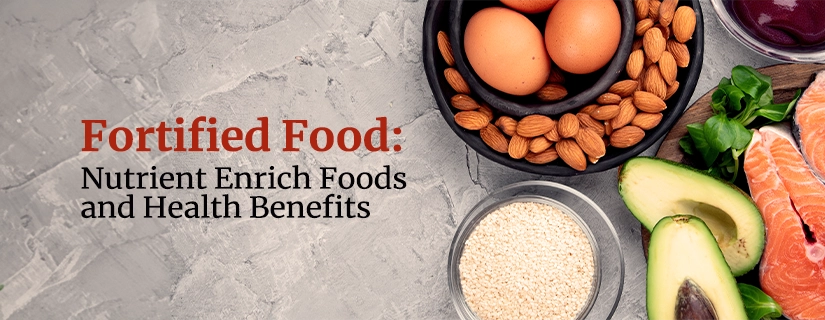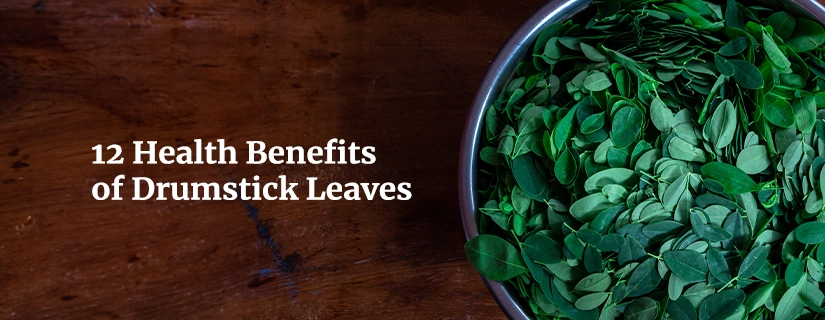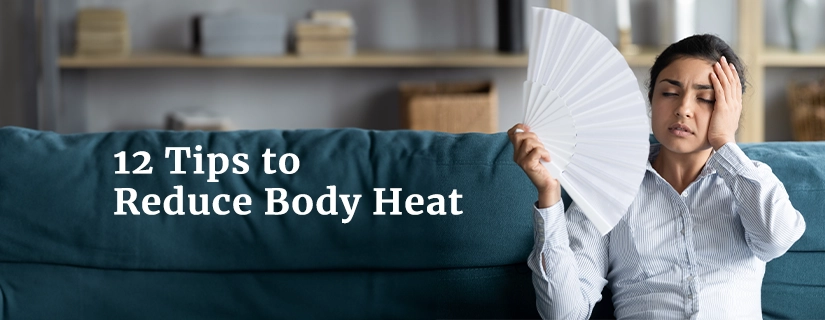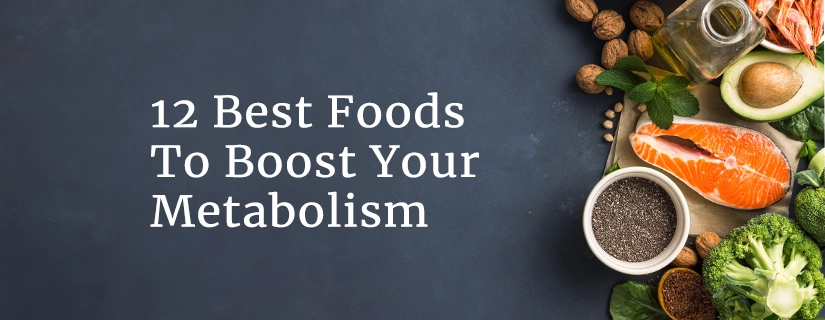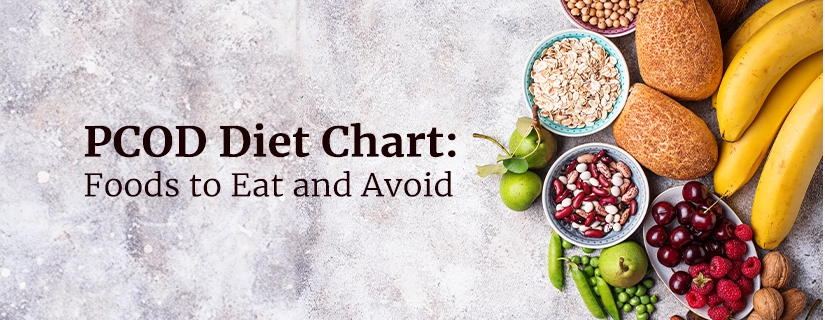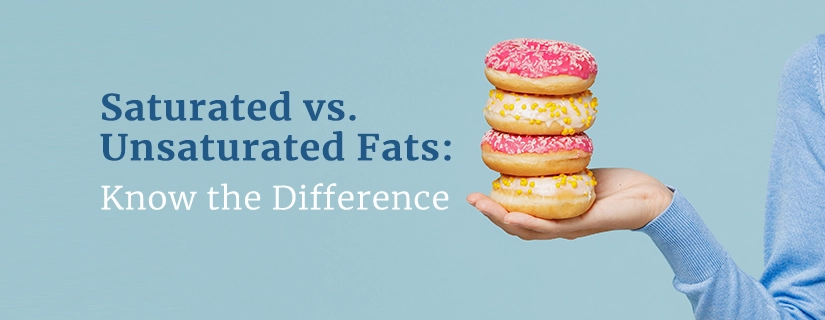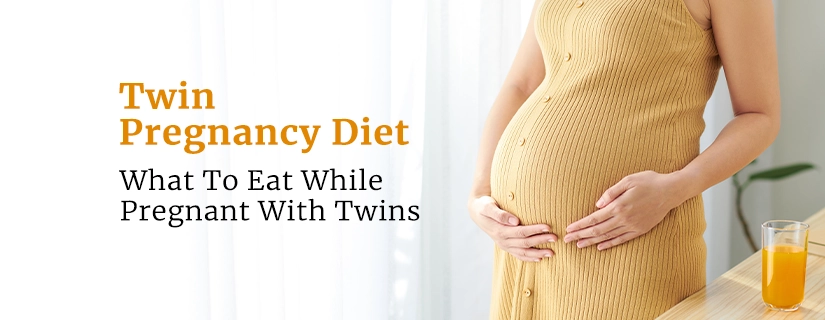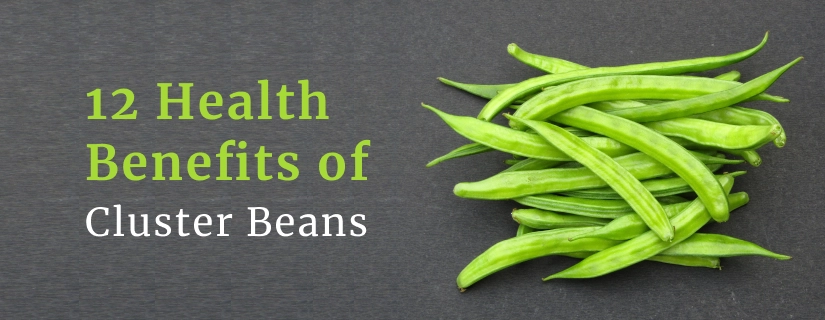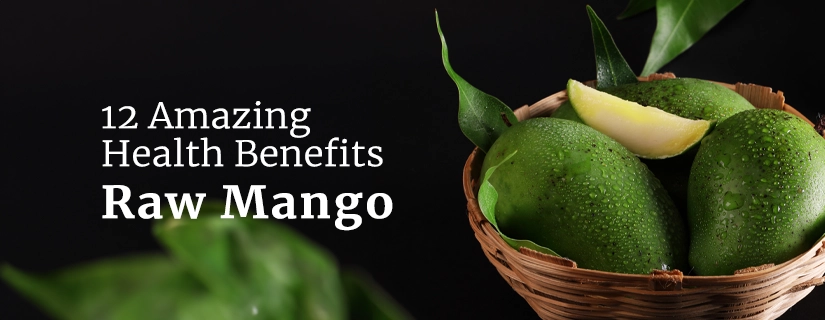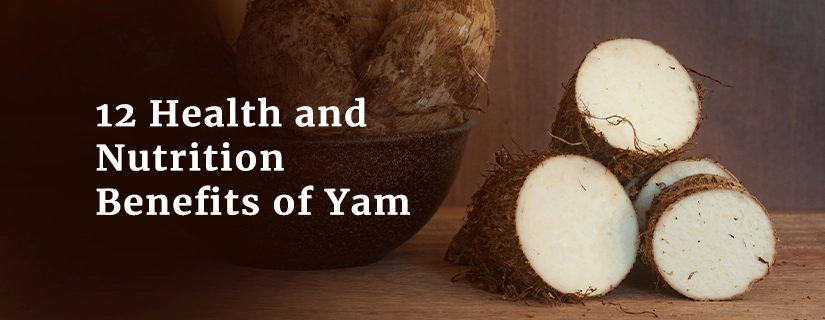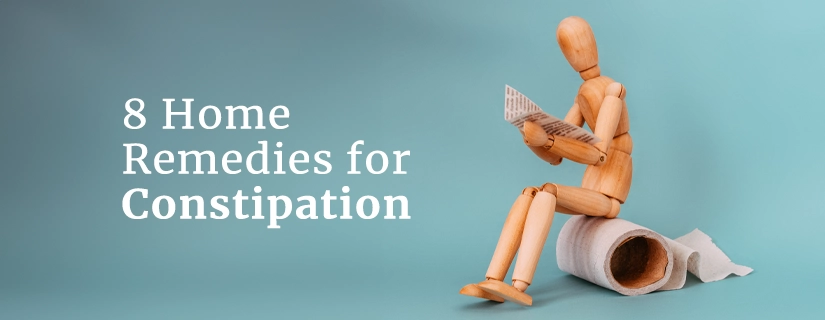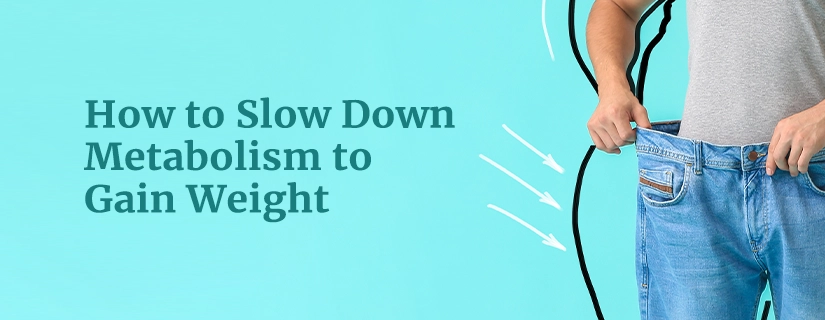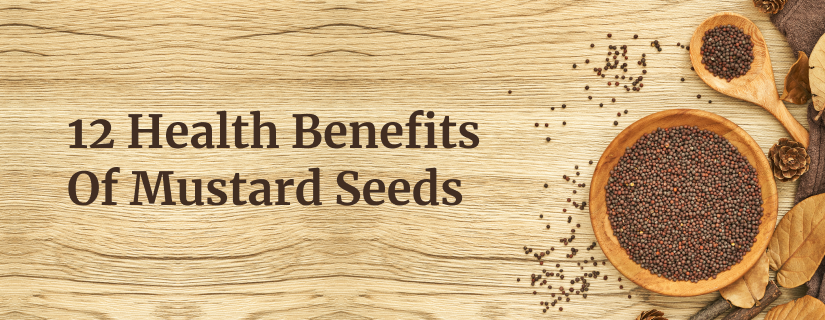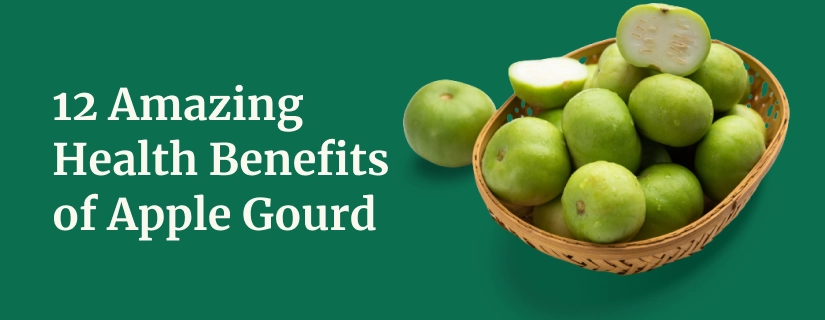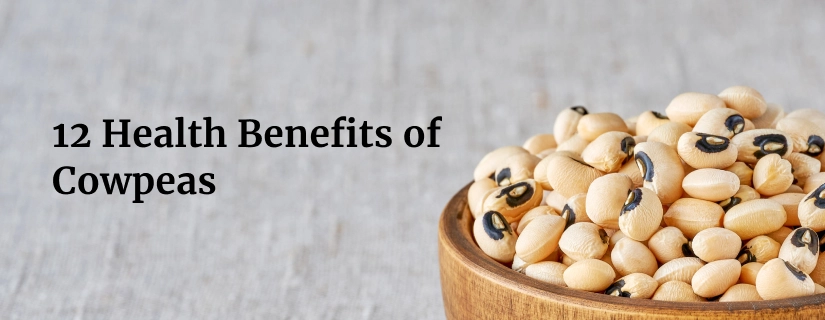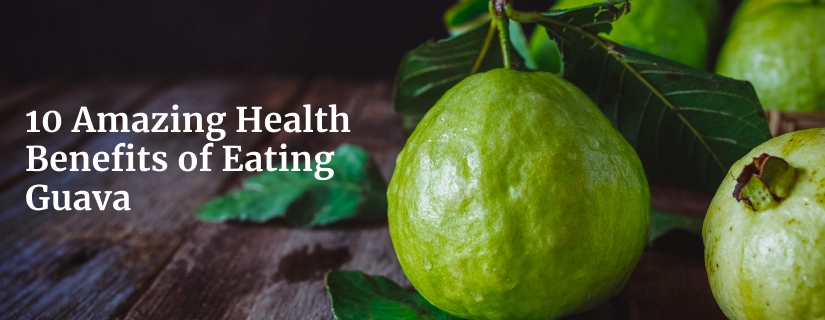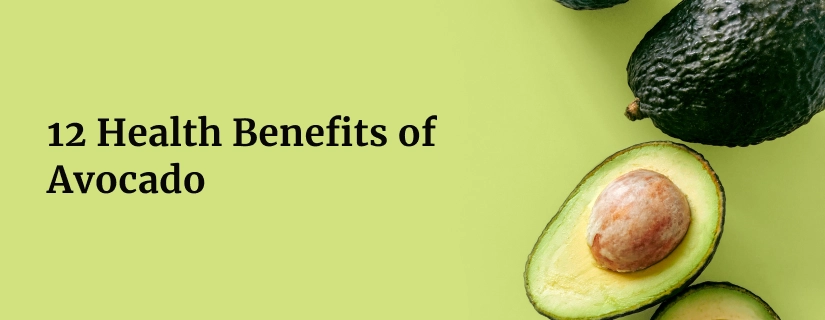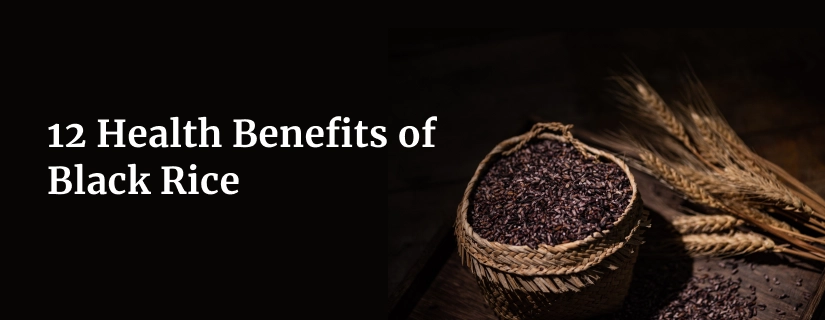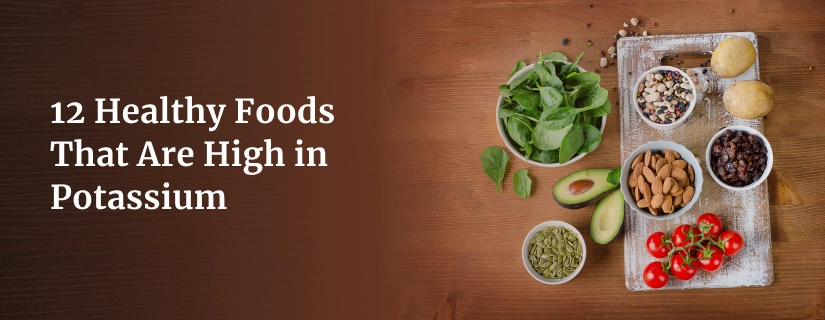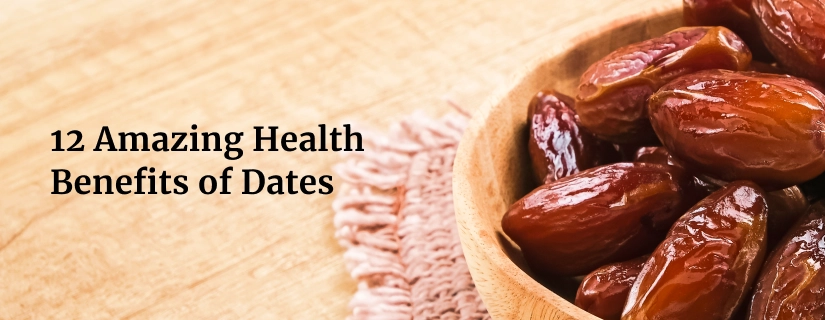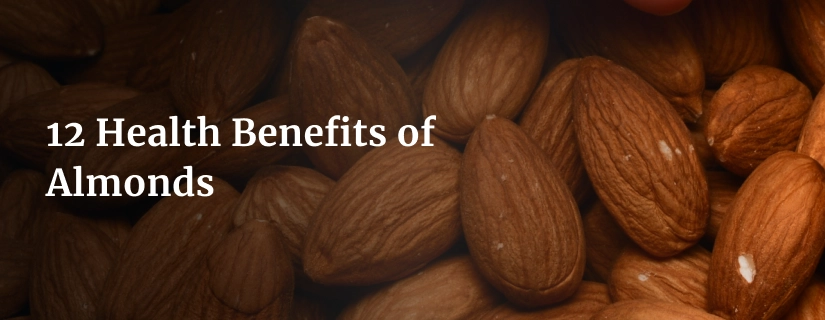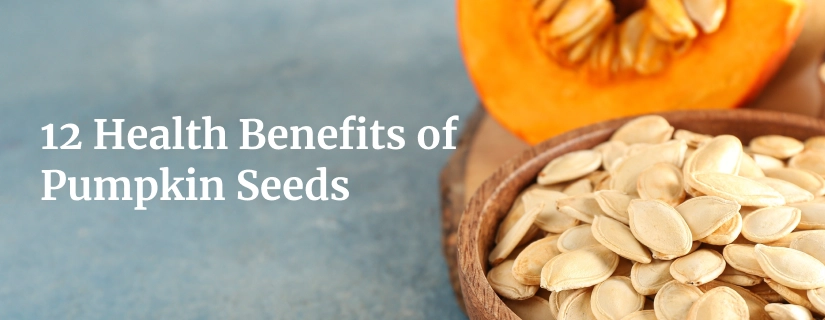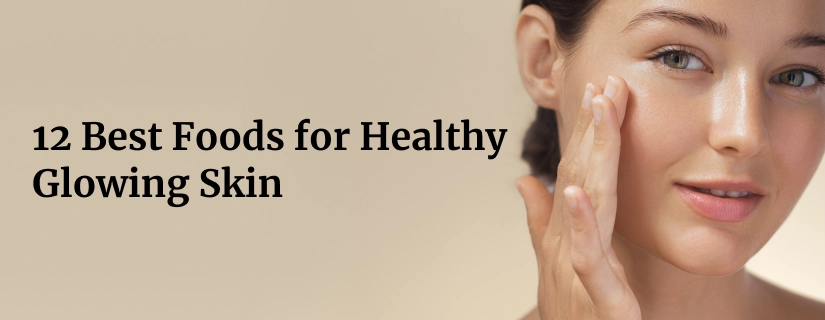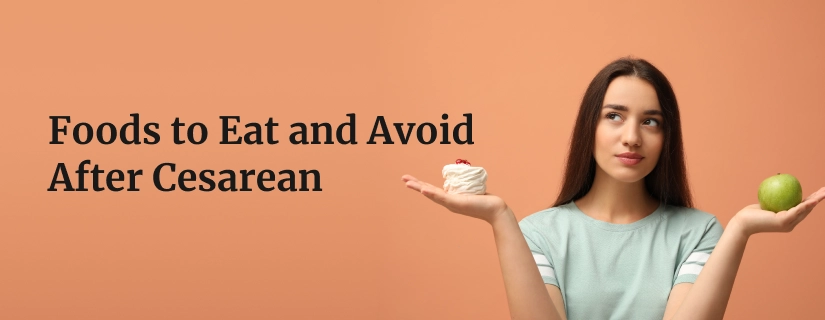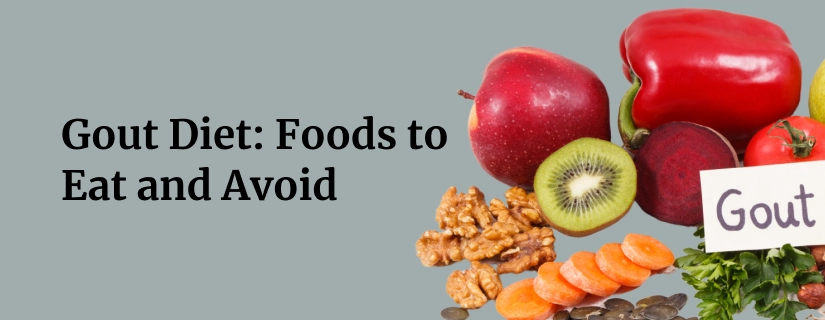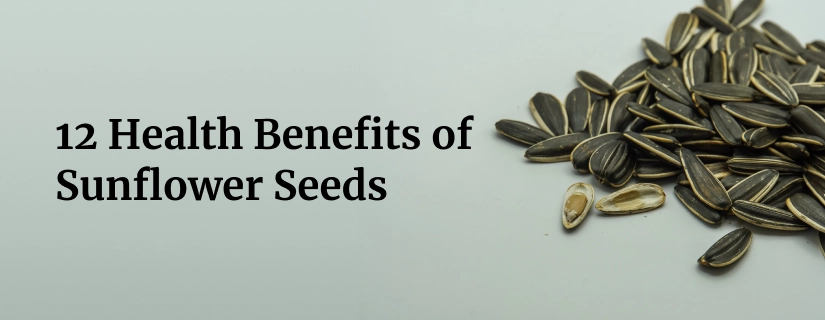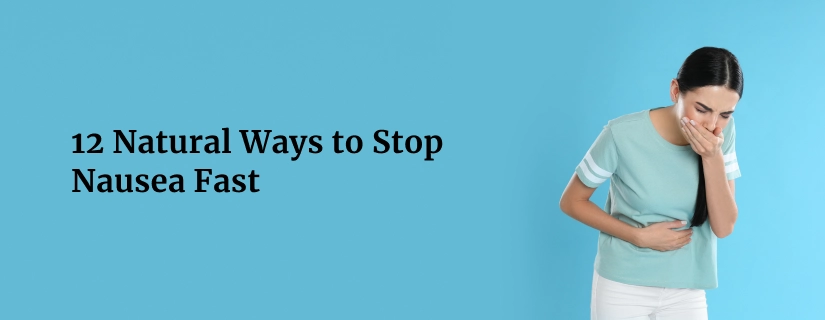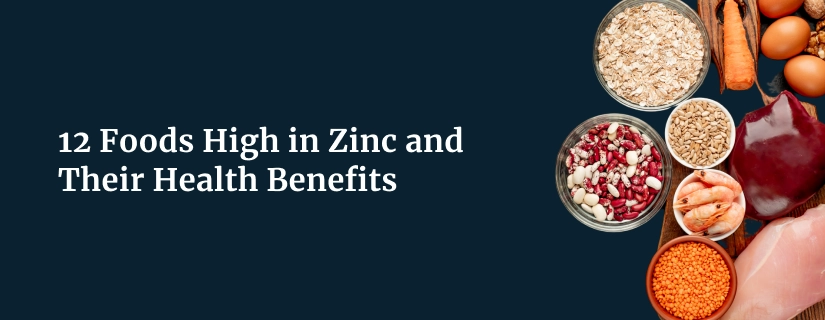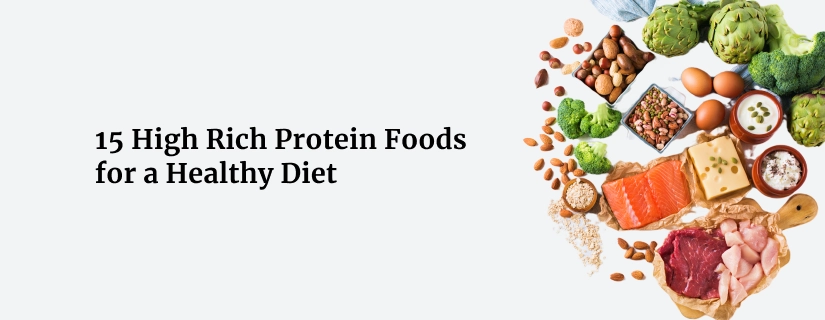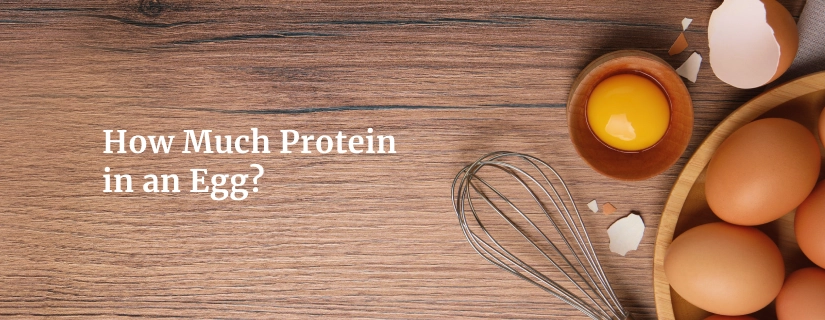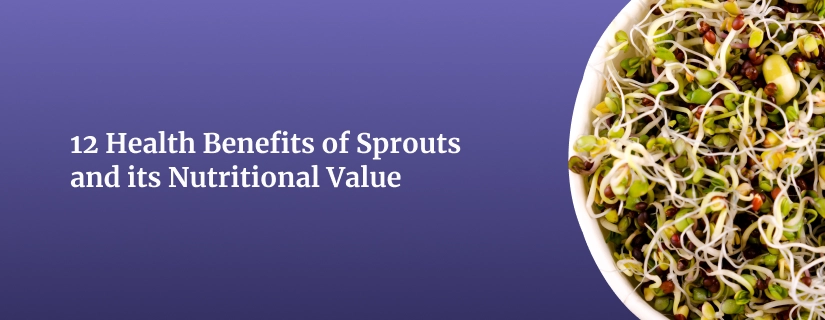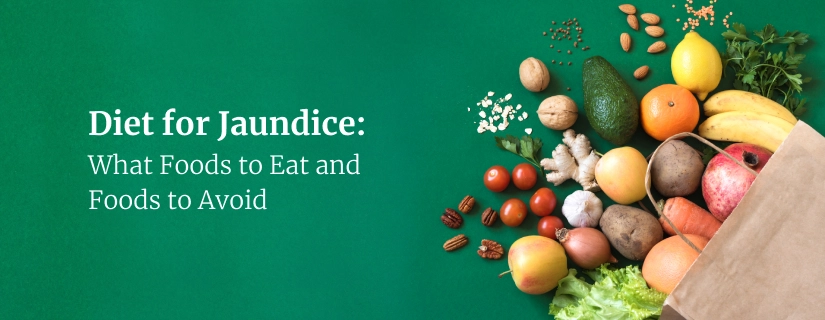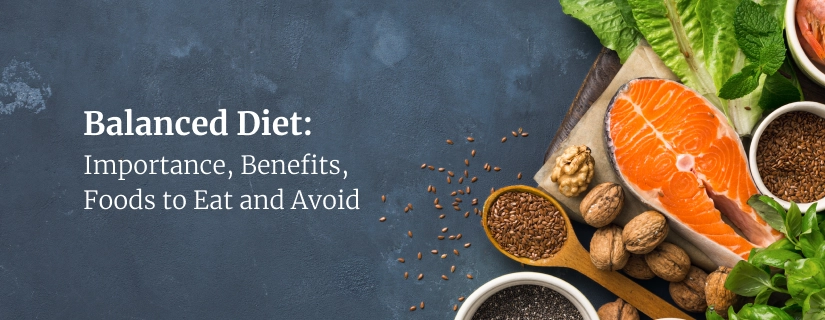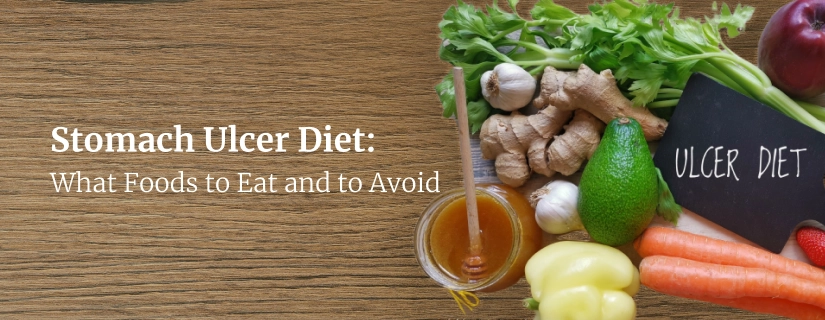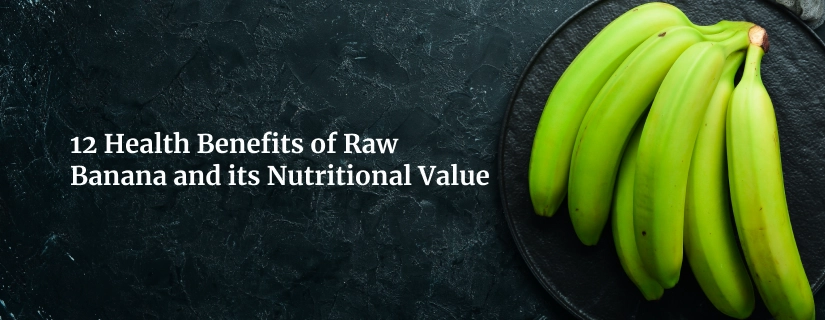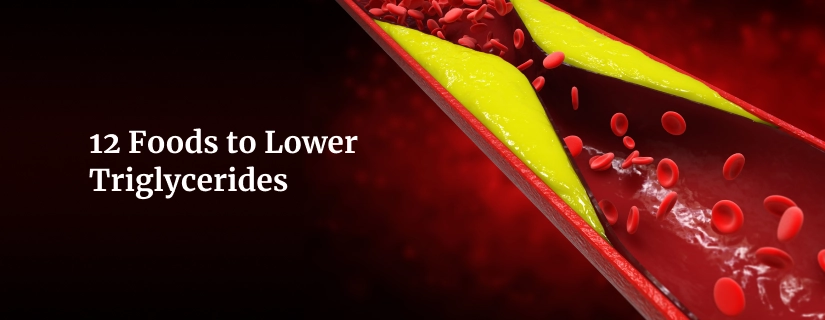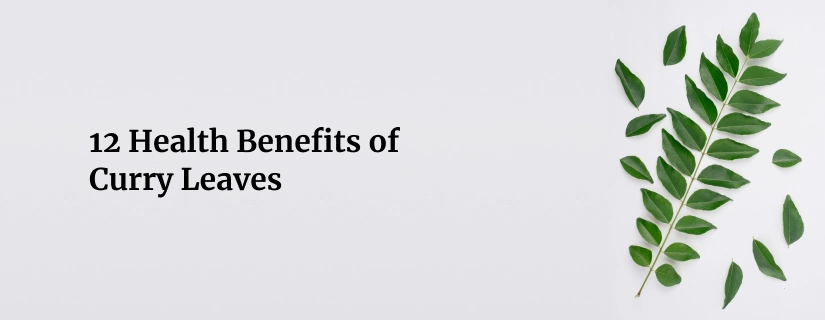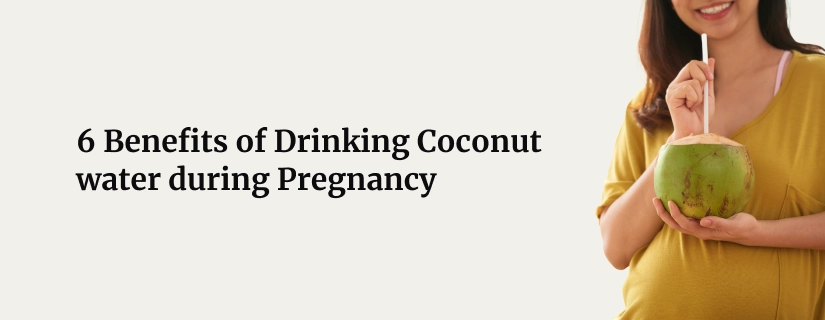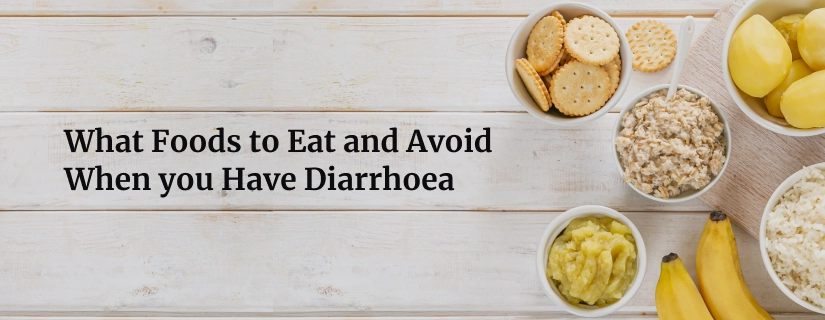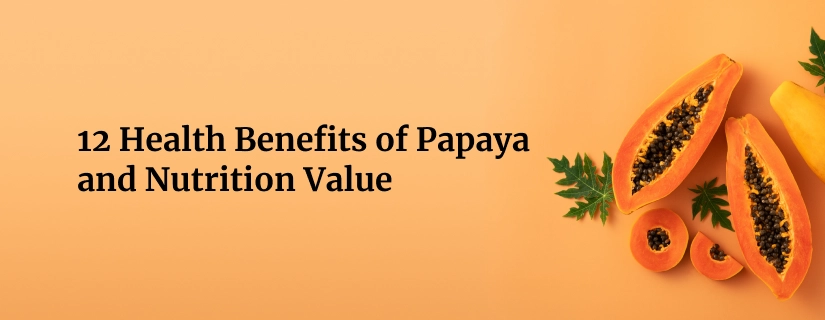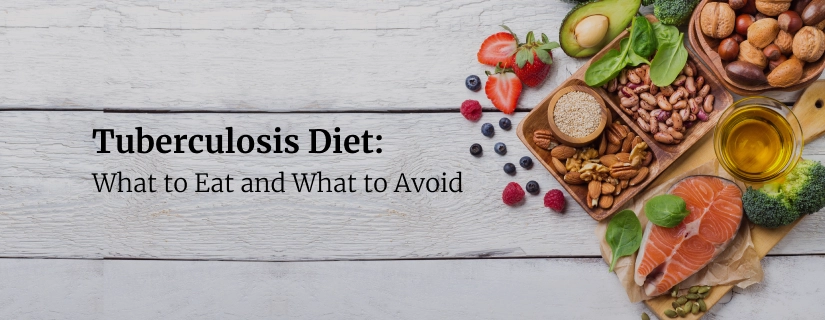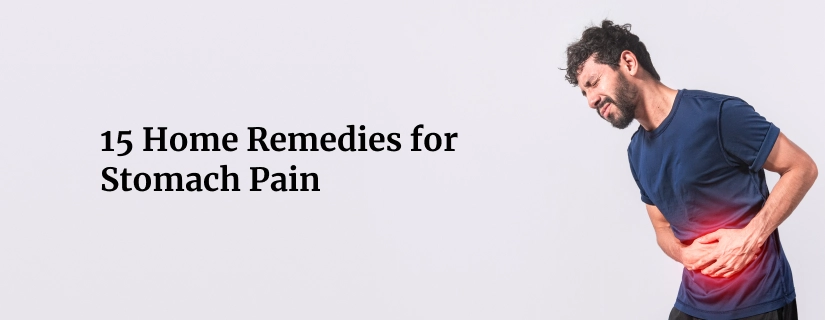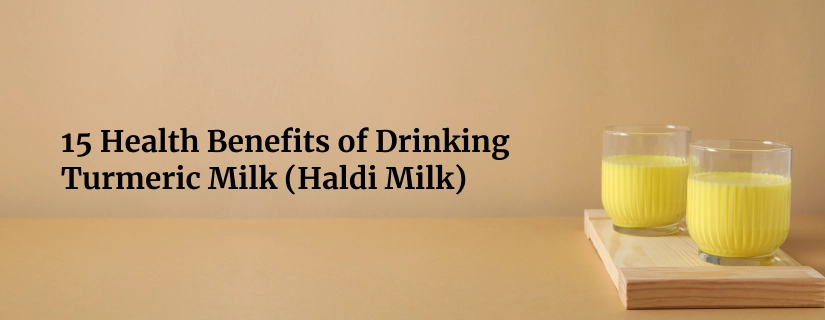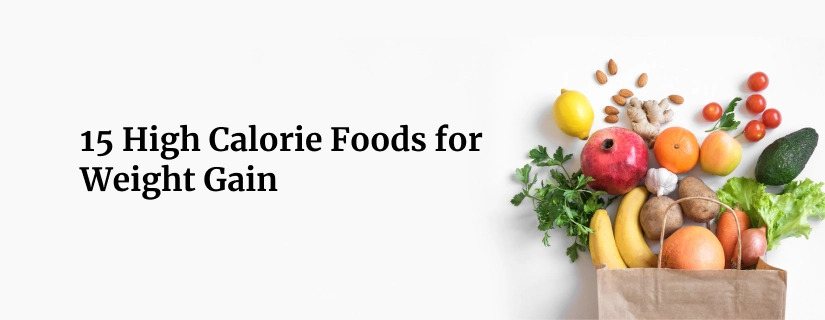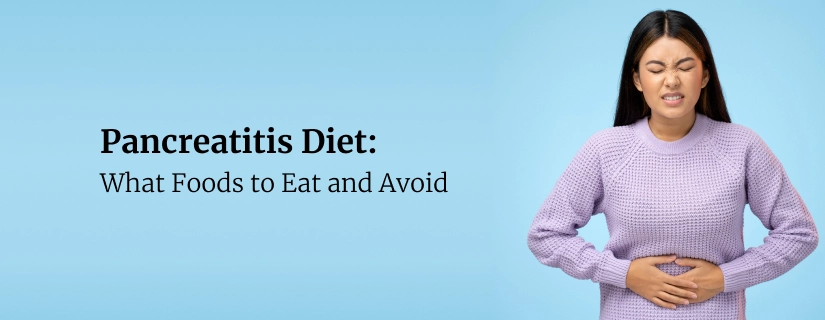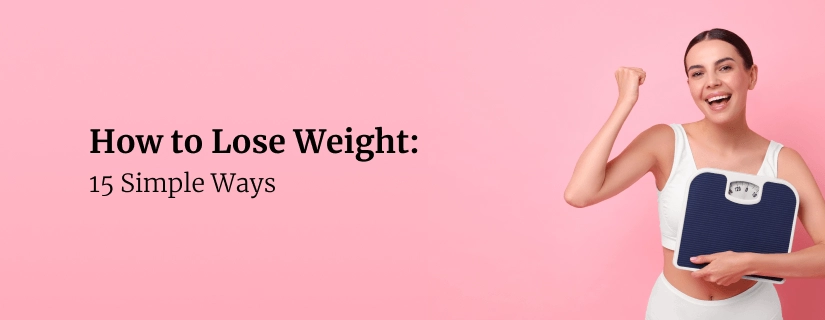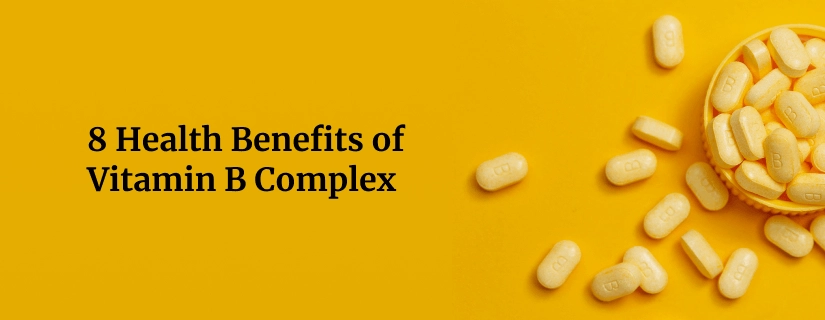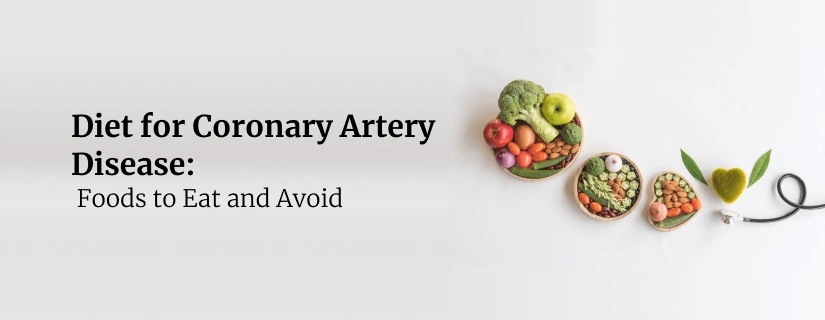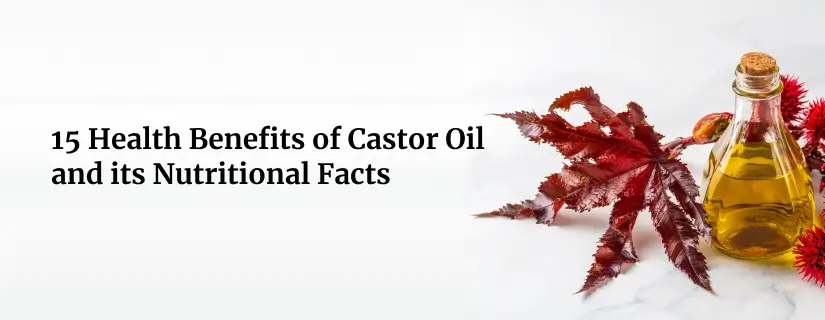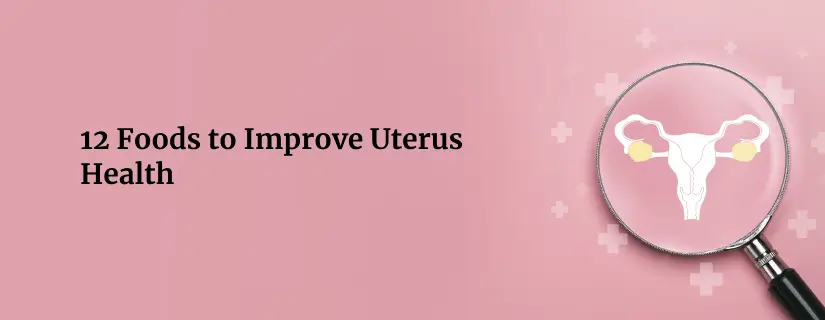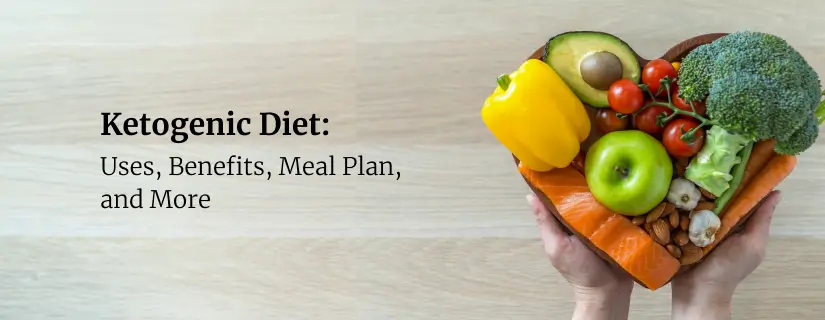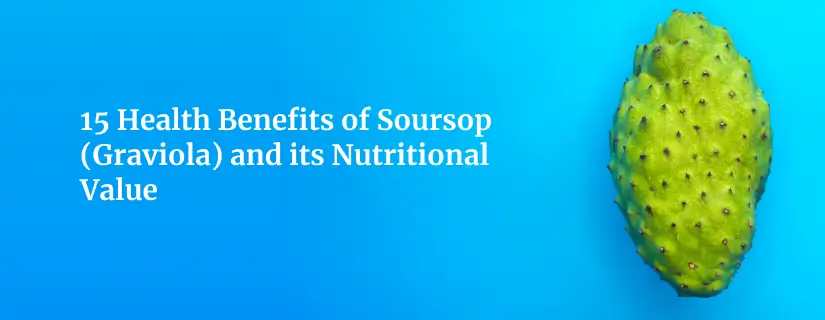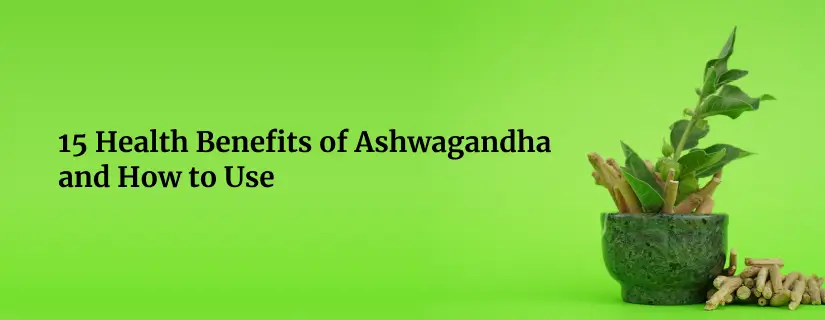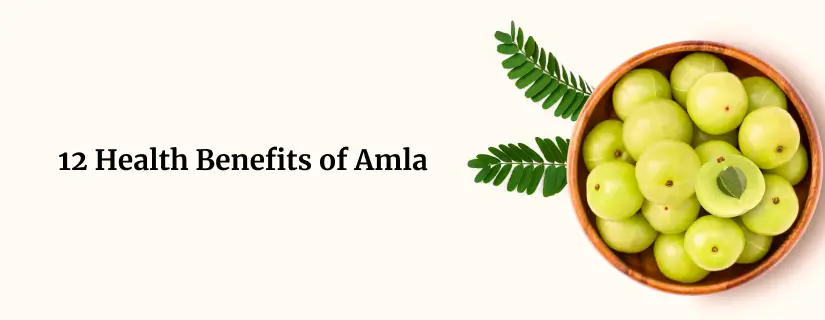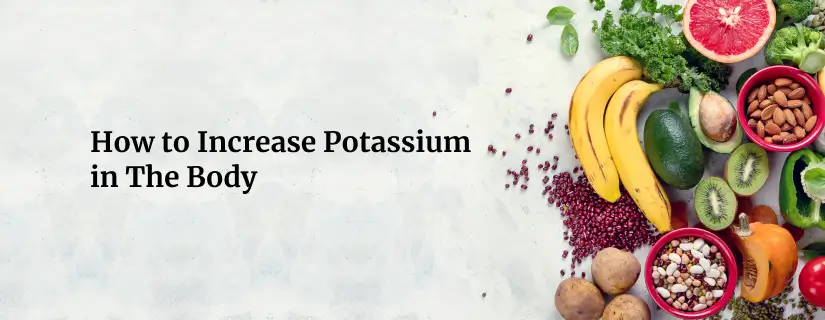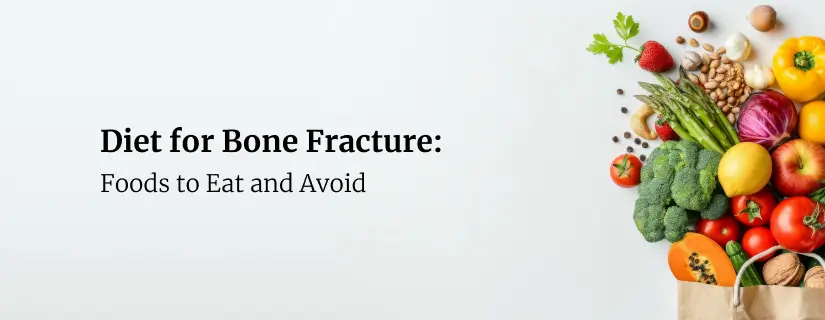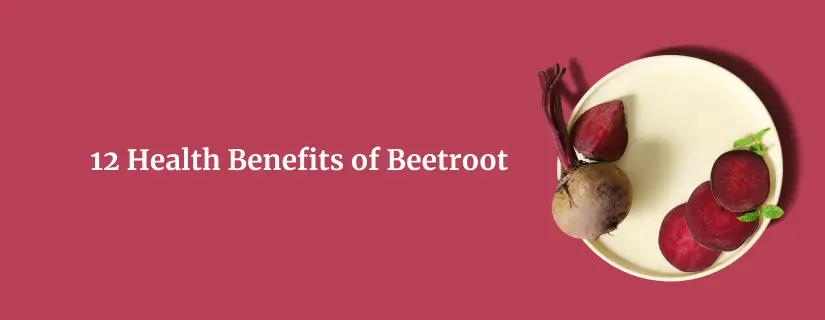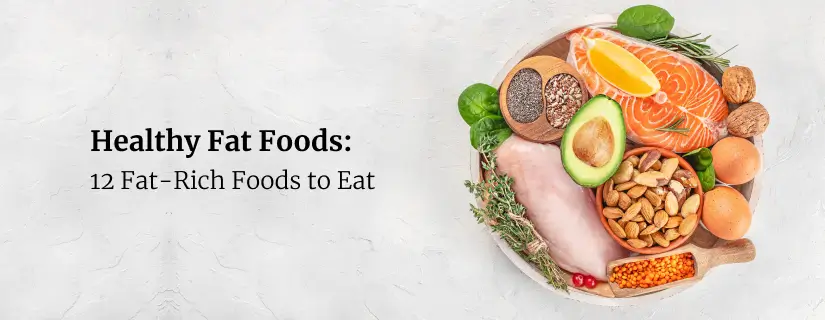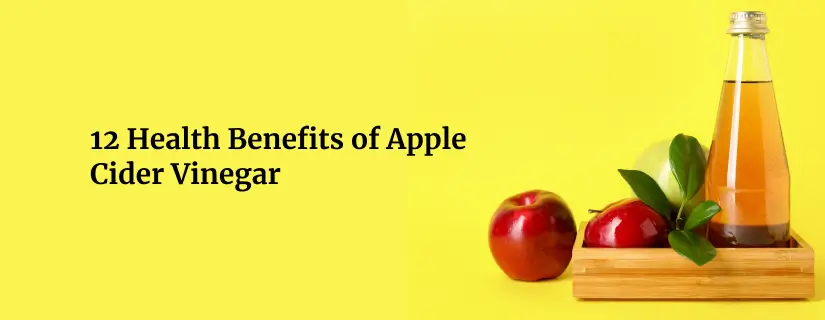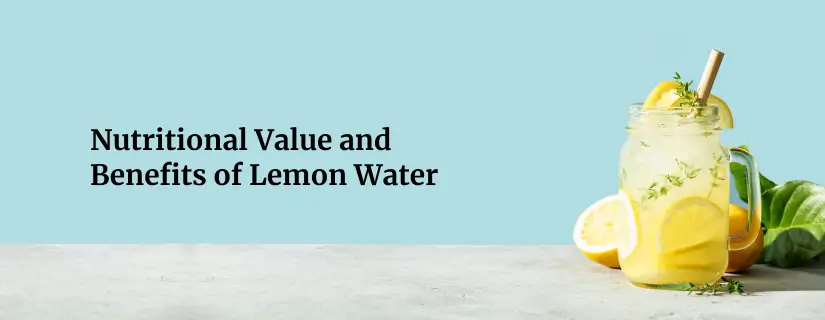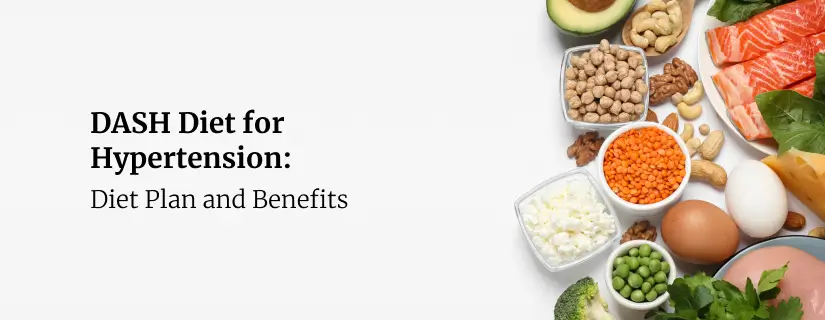-
Doctors
-
Specialities & Treatments
Centre of Excellence
Specialties
Treatments and Procedures
Hospitals & Directions HyderabadCARE Hospitals, Banjara Hills CARE Outpatient Centre, Banjara Hills CARE Hospitals, HITEC City CARE Hospitals, Nampally Gurunanak CARE Hospitals, Musheerabad CARE Hospitals Outpatient Centre, HITEC City CARE Hospitals, Malakpet
HyderabadCARE Hospitals, Banjara Hills CARE Outpatient Centre, Banjara Hills CARE Hospitals, HITEC City CARE Hospitals, Nampally Gurunanak CARE Hospitals, Musheerabad CARE Hospitals Outpatient Centre, HITEC City CARE Hospitals, Malakpet Raipur
Raipur
 Bhubaneswar
Bhubaneswar Visakhapatnam
Visakhapatnam
 Nagpur
Nagpur
 Indore
Indore
 Chh. Sambhajinagar
Chh. SambhajinagarClinics & Medical Centers
Book an AppointmentContact Us
Online Lab Reports
Book an Appointment
Consult Super-Specialist Doctors at CARE Hospitals
Diet For Iron Deficiency: Foods to Eat and Avoid
Updated on 25 September 2024
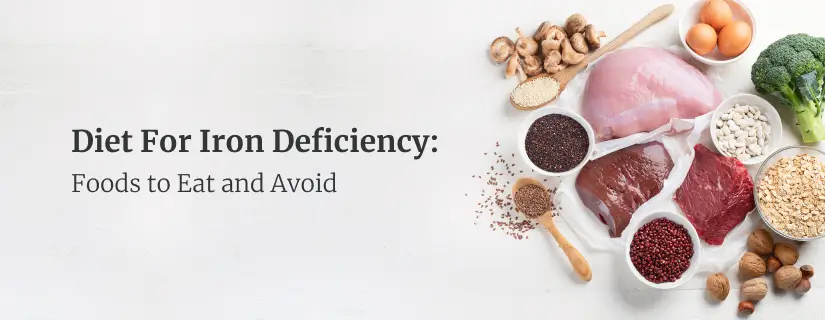
Did you know that iron deficiency affects millions of people worldwide? This common nutritional disorder can lead to fatigue, weakness, and other health issues. A diet for iron deficiency is crucial in managing and preventing this condition. Making informed decisions about what we eat can boost our iron levels and improve our overall well-being. Understanding the best food to eat for iron deficiency is key to addressing this nutritional challenge.
This guide will explore iron deficiency foods to eat and those to avoid, providing practical advice on iron deficiency nutrition. We'll discuss how diet and iron deficiency are linked and offer tips on incorporating iron-rich foods into your daily meals.
What Foods to Eat for Iron Deficiency
Iron-rich foods play a crucial role in addressing iron deficiency. Two types of iron are found in food: haem iron and non-haem iron. Haem iron, which the body absorbs easily, comes from animal sources. Non-haem iron, found in plant-based foods, is more challenging for the body to absorb.
For those looking to boost their iron intake, here are some excellent food choices:
- Meat and Poultry: Beef, lamb, pork, chicken, and turkey are rich sources of haem iron. Organ meats like liver and kidney are exceptionally high in iron content.
- Seafood: Salmon, sardines, tuna, shrimp, clams, and oysters provide significant amounts of haem iron.
- Plant-based Iron Sources: For those following a plant-based diet, good non-haem iron sources include:
- Iron-fortified bread and breakfast cereals
- Nuts and seeds, especially pumpkin seeds and cashews
- Dried fruits like raisins and apricots
- Wholemeal pasta and bread
- Legumes like kidney beans, chickpeas, and lentils
- Dark, leafy greens like broccoli, kale, and spinach
- Tofu
It's important to note that plant-based eaters may need to consume about 80% more iron to meet their dietary requirements due to the lower absorption rate of non-haem iron.
- Vitamin C Sources: Pairing iron-rich food products with vitamin C is crucial to enhancing iron absorption. Good sources of vitamin C include:
- Citrus fruits (oranges, lemons)
- Berries
- Kiwi fruit
- Melons
- Green leafy vegetables
- Bell peppers
- Tomatoes
Eating these vitamin C-rich foods uncooked and at the same time as iron-rich meals can significantly improve iron absorption. Drinking orange juice with meals or taking a vitamin C supplement can also help.
Combining different iron sources in meals is beneficial for optimal iron intake. For instance, pairing meat with leafy greens or adding seeds and nuts to a salad can provide a good mix of haem and non-haem iron. Remember, the body absorbs iron from animal sources more efficiently than from plant sources, so those following a plant-based diet may need to pay extra attention to their iron intake.
What Foods to Avoid for Iron Deficiency
Individuals can optimize their iron intake and improve their overall iron levels by understanding which items to limit or avoid, such as:
- Calcium-rich foods can interfere with iron absorption, especially when consumed in large quantities. Dairy items like milk, cheese, and yoghurt contain high calcium levels. Other calcium-rich foods include sardines, leafy green vegetables, salmon, tahini, and fortified orange juice. Consuming these foods separately from iron-rich meals is crucial to maximizing iron absorption, ideally with about an hour in between.
- Tannins, found in various foods and beverages, can significantly reduce iron absorption. Coffee, tea (mainly black tea), red wine, and beer contain high amounts of tannins. These compounds can decrease iron absorption by up to 90% for cocoa and certain teas and up to 60% for coffee. While these items shouldn't be eliminated entirely from one's diet, avoiding consuming them with iron-rich meals is advisable.
- Eggs and soya products can also inhibit iron absorption. The protein in eggs, specifically phosvitin, can reduce iron absorption by up to 28%. Soya beans and products like soy milk, tofu, edamame beans, and tempeh may also block iron absorption in the body.
- Phytates, or phytic acid, found in many plant foods, can bind to iron and prevent its absorption. Whole grains, legumes, nuts, and seeds contain phytates. While these foods are nutritious, balancing their consumption with iron-rich foods is essential.
- Heavy alcohol consumption can suppress blood cell production and cause structural abnormalities that prevent the maturation of functional cells. This can exacerbate iron deficiency and should be avoided.
By being mindful of these dietary factors, people can effectively manage their iron levels and support their overall health.
Conclusion
A nutrient-rich, well-balanced diet plays a crucial role in managing iron deficiency. Individuals can boost their iron levels effectively by incorporating a variety of iron-rich foods and pairing them with vitamin C sources. It's equally important to be aware of foods that hinder iron absorption, such as those high in calcium or tannins, and to consume them separately from iron-rich meals.
Managing iron deficiency through diet significantly impacts overall health and well-being. While dietary alterations can make a big difference, consulting a doctor for personalised advice is essential. They can guide the best approach to address iron deficiency, including dietary modifications, supplements, or other treatments as needed. Remember, a well-planned diet is a powerful tool to improve iron levels and overall health.
Dt. Sushma
Dietician and Nutrition

ENQUIRY FORM
SELECT CATEGORIES
-
Neurosciences (16)
-
Neurology (37)
-
Neurosurgery (14)
-
Orthopaedics (48)
-
Oncology (33)
-
Obstetrics and gynecology (51)
-
Pulmonology (23)
-
Urology (20)
-
Nephrology (13)
-
Psychiatry (7)
-
Dietetics and Nutrition (111)
-
General Medicine (63)
-
Cardiac Sciences (30)
-
Vascular & Endovascular Surgery and Interventional Radiology (10)
-
Gastroenterology (46)
-
Endocrinology (23)
-
Plastic Surgery (10)
-
Critical Care Medicine (5)
-
COVID-19 (16)
-
Dermatology (16)
-
Emergency Care (1)
-
Ophthalmology (4)
-
Pediatrics (14)
-
Laparoscopic and Bariatric Surgery (8)
-
ENT (15)
-
Kidney Transplant (1)
-
Liver Transplantation and Hepatobiliary Surgery (5)
-
General Surgery (3)
-
Internal Medicine (5)
-
Medicine Information
Diet For Chicken Pox: Foods to Eat and Avoid
What Foods to eat and Avoid When You Have a Cough
YOU MAY ALSO LIKE
RECENT BLOGS
-

Direct Anterior Approach in Total Hip Replacement: Advantages and Challenges
10 April 2025
Read More
-

Zinc Deficiency: Signs and Symptoms, Causes, Treatment
9 April 2025
Read More
-

Chest Pain When Coughing: Causes, Treatment and Home Remedies
9 April 2025
Read More
-

12 Health Benefits of Eating Mushrooms
8 April 2025
Read More
-

7 Health Benefits of Blood Donation You Should Know About
8 April 2025
Read More
-

Implantation Bleeding Vs Periods: Know the Difference
28 February 2025
Read More
-

Bloating During Ovulation: Symptoms, Causes and Remedies
28 February 2025
Read More
-

Itching During Dengue: Causes, Treatment and Home Remedies
18 February 2025
Read More
Have a Question?
If you cannot find answers to your queries, please fill out the enquiry form or call the number below. We will contact you shortly.





